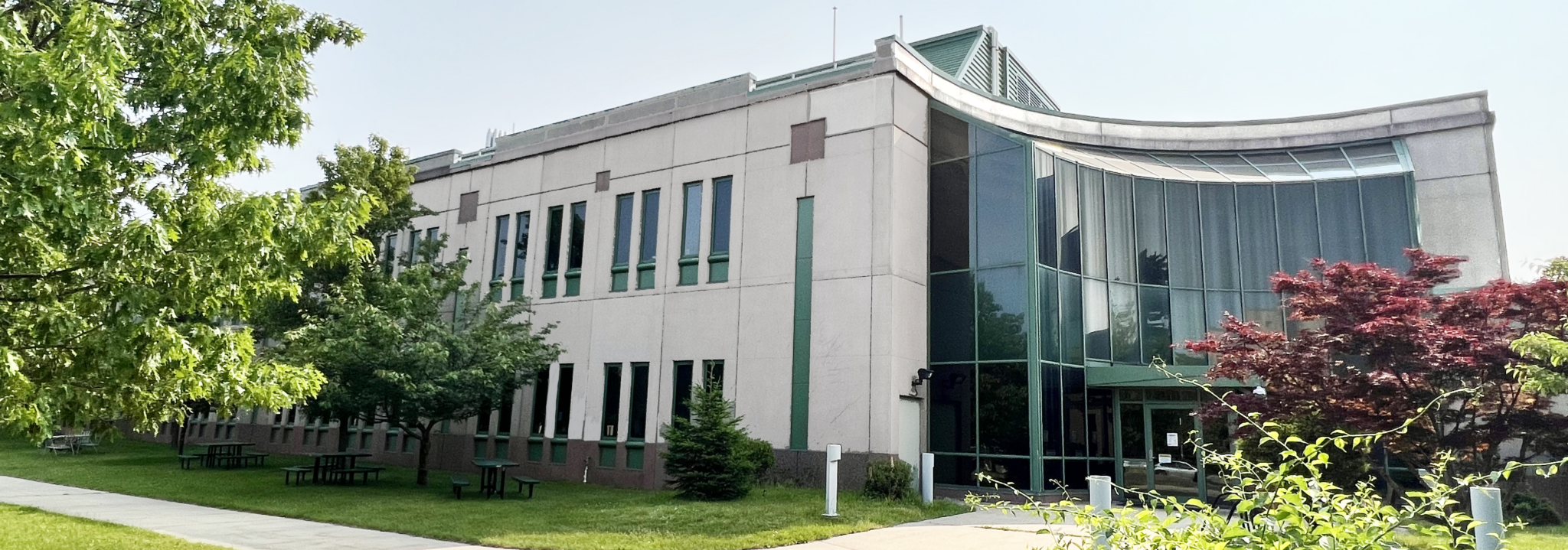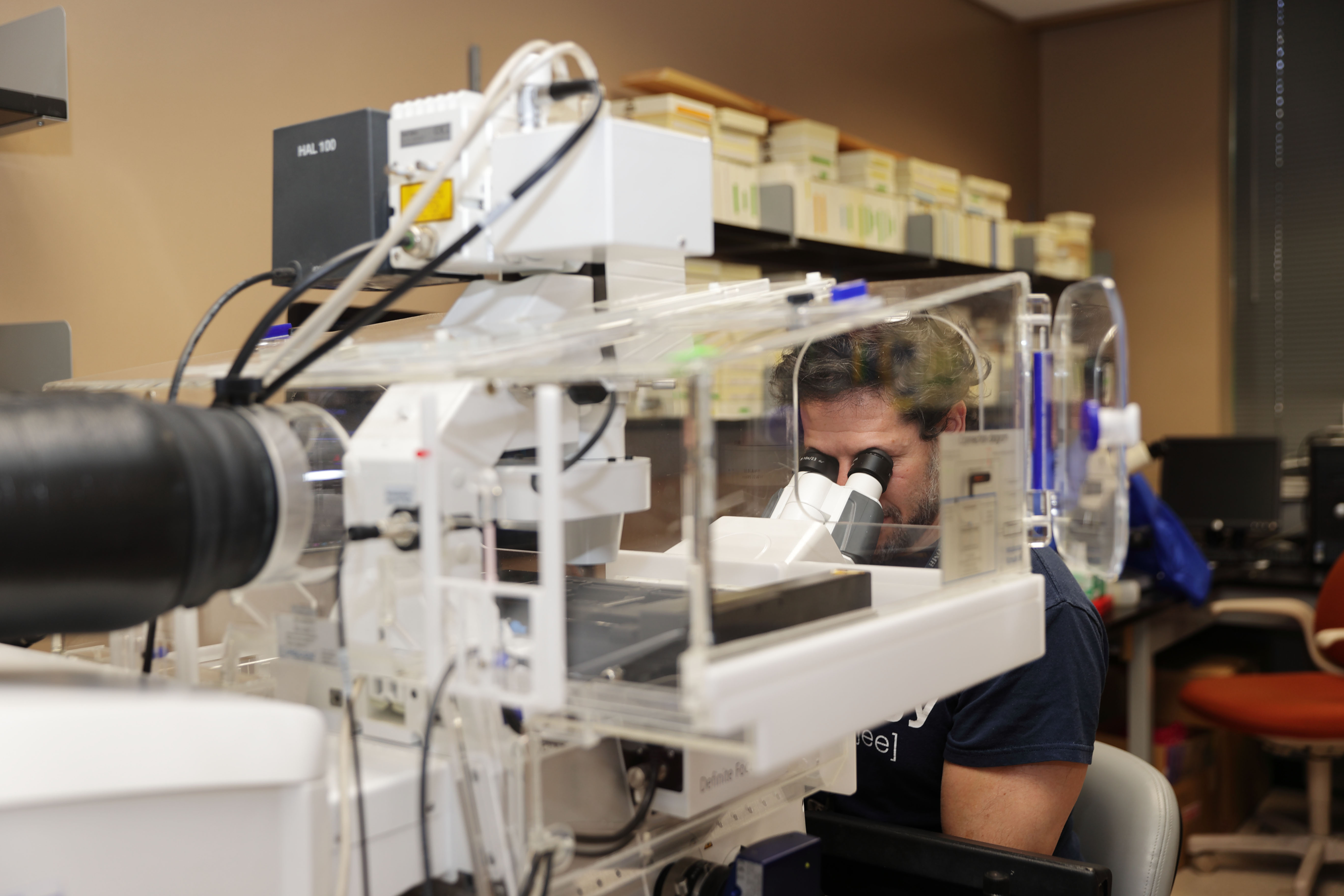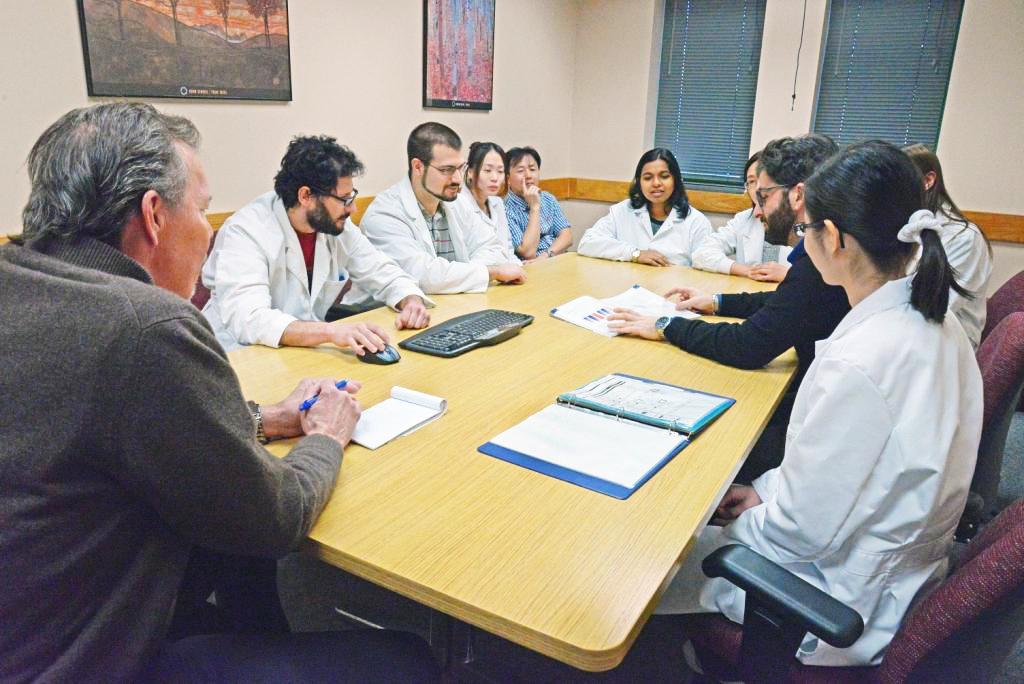For additional information about the CDR, please click here.
Overview
The Center for Dementia Research (CDR) at NKI is a consortium of independent laboratories and research programs, directed by Dr. Ralph A. Nixon, dedicated to studies on the pathogenesis, diagnosis, and treatment of AD and other major neurodegenerative diseases.
The CDR has become an internationally recognized research center, attracting outstanding personnel, and bringing millions of federal dollars annually to New York to help support its mission.

Translational Research
A major emphasis of the CDR is “translational” research, which is aimed at understanding the molecular and cellular basis of AD and other neurodegenerative states {e.g., Parkinson’s disease (PD), Huntington disease (HD), amyotrophic lateral sclerosis (ALS), Lewy body dementia (DLB), stroke, and others} in order to develop accurate models, which are then used to devise new strategies for early diagnosis (e.g., neuroimaging, biomarker identification) and treatment.

Although it has not been fully resolved whether or not senile plaques or NFTs cause AD, lowering amounts of these abnormal proteins has been a key objective of many clinical drug trials and pharmaceutical companies trying to develop new therapies to prevent or treat the disorder. CDR researchers have advanced this goal by identifying novel processes that can cause nerve cells to overexpress amyloid, thereby revealing new possibilities for blocking amyloid accumulation. CDR researchers employ animal and cellular models of Aβ accumulation, tau accumulation, and Down syndrome (DS) to understand what is occurring in the brains of AD patients, with the goal of understanding the earliest changes that place people at risk, where therapeutic interventions are thought to most efficacious. CDR investigators were also some of the first to identify cholesterol-lowering drugs and estrogens as potential AD therapies. NKI is particularly well-recognized internationally for the mouse models of Alzheimer’s developed by its researchers, which are being used worldwide by pharmaceutical companies and scientists to screen potential therapeutic agents for Alzheimer’s and Parkinson’s disease.
CDR Facilities
The CDR is comprised of 26,000 square feet of space designed and equipped specifically for studies of biochemistry, molecular biology and morphology of the Central Nervous System. The area consists of eight laboratories, electron microscope (EM) and confocal microscopy facility, cytometry, darkrooms, three walk-in cold rooms, four tissue culture facilities, a glassware washing unit, segregated area for radioisotope studies and tissue processing, histology facility and bioinformatic core.
Collaborations
Collaborations in the CDR with researchers in NKI’s Center for Biomedical Imaging and Neuromodulation (C-BIN) yielded the first images of the brain in transgenic mice modeling the pathology of AD.
C-BIN focuses on the development and application of magnetic resonance imaging (MRI), Electroencephalography (EEG), and neuromodulation techniques for characterizing brain function and structure in order to improve understanding, diagnosing and treating mental illness. C-BIN is leading the efforts for the development and implementation of a 9.4 tesla magnetic resonance imaging system at NKI; it will be one of the most powerful imaging systems in the world for neuroscientists to study the human brain.
The Geriatric Psychiatry Research Division, led by Nunzio Pomara, MD, staffs clinical and experimental research scientists whose work focuses on identifying neurobiological factors associated with vulnerability to drug-induced cognitive toxicity and the development of progressive cognitive decline and conversion to dementia, especially AD. Their research includes studies to determine if CNS Abeta disturbances are found in cognitively-intact elderly individuals with the depression and if they contribute to the increased risk for AD and to treatment-resistance to conventional antidepressants which have been observed in this population. Through the Memory Education Research Initiative (MERI), a collaborative effort with Rockland County, the Division provides free cognitive assessments to individuals with memory concerns and serves as a referral and educational source for local professional health workers. Our Division also serves as a participating site for the federally-funded ADNI-2 study and for ongoing clinical trials that strive to help people with AD, as well as those at risk of developing AD. The Division includes 15 rooms, comprised of two separate examination rooms fully equipped with exam tables, ECG machines, and centrifuges for processing of biological samples. It also has two separate offices for neuropsychological assessment; one equipped with postural sway apparatus.
Diverse Interests
Other research interests in the CDR include transgenic modeling of AD, PD, ALS and other neurodegenerative diseases; synapse physiology in memory processing; gene microarray analysis in neurodegeneration and neural plasticity; strategies to modulate Aβ and β-amyloid; molecular genetics of dementia; hormonal and cholesterol modulation therapy in neurodegenerative disease; and early detection of AD by MRI and biological markers.


